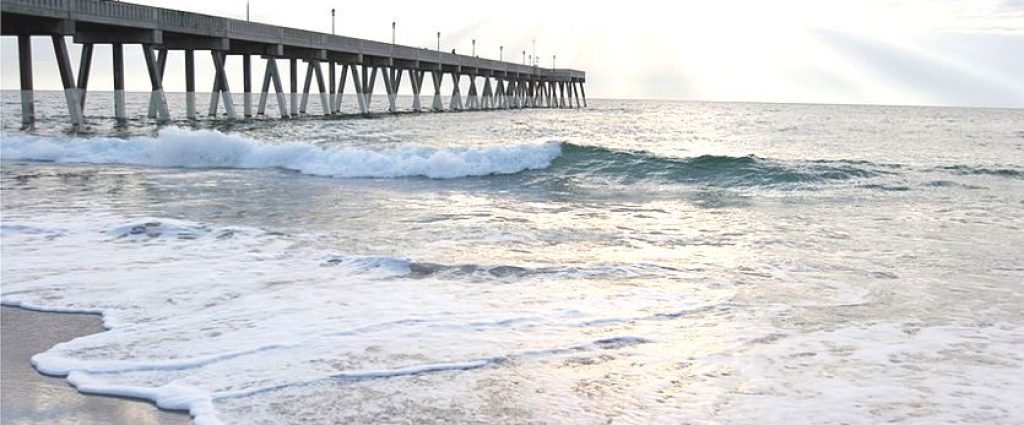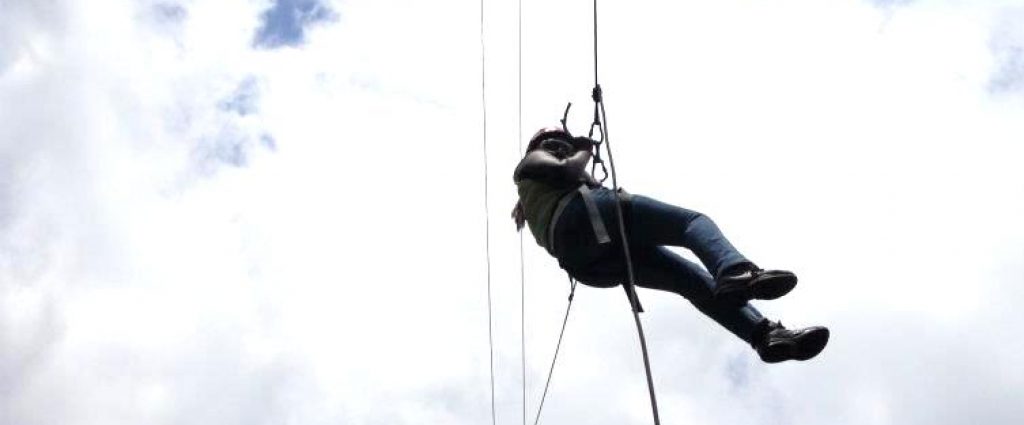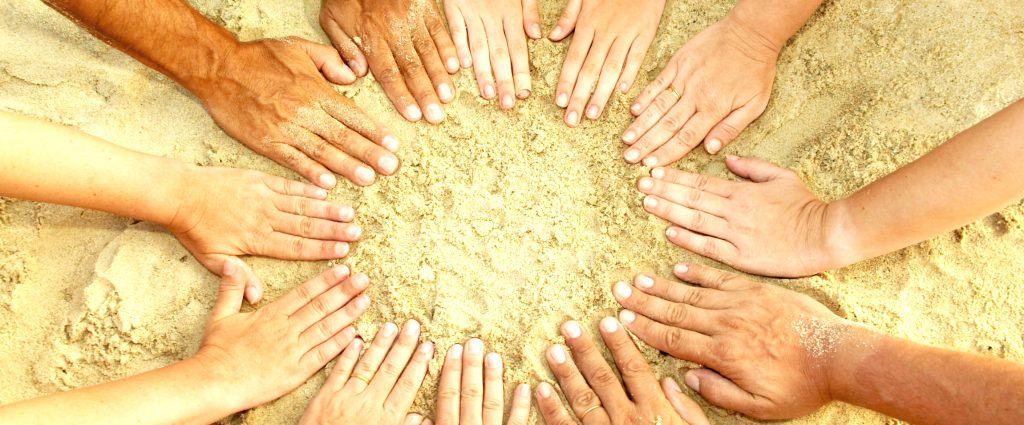 National Poison Prevention Week, March 20-26, 2016, is a week nationally designated to highlight the dangers of poisonings and how to prevent them. Every day people can and do prevent poisonings. We invite you to review the information on this site and become actively involved in helping ensure the safety of children and adults in your home and your community.
National Poison Prevention Week, March 20-26, 2016, is a week nationally designated to highlight the dangers of poisonings and how to prevent them. Every day people can and do prevent poisonings. We invite you to review the information on this site and become actively involved in helping ensure the safety of children and adults in your home and your community.
What is a Poison?
A poison is anything that can harm someone if it is:
- used in the wrong way,
- used by the wrong person, or
- used in the wrong amount.
Some poisons may be harmful if they come into direct contact with your eyes or skin. Others may be toxic if you breathe them or swallow them. Poisons can come in four forms: solids (such as pain medicine pills or tablets), liquids (such as household cleaners, including bleach), sprays (such as spray cleaners) and gases (such as carbon monoxide, or CO).
Most consumer products are safe if label directions are followed, but some can be poisonous if used incorrectly.
Examples of poisons include:
- Alcohol
- Carbon monoxide (CO) gas
- Medicines, such as prescription (painkillers, iron pills), over-the-counter (cough and cold medicines), and illegal drugs (cocaine, heroin)
- Food supplements, such as vitamins, minerals, and herbal products
- Personal care products, such as nail polish and nail polish remover, cologne, aftershave, deodorant, mouthwash, hydrogen peroxide, makeup, soap, contact lens solution, lotion, baby oil, and diaper rash products
- Household and automotive chemicals or products, including bleach, laundry or dish detergent, furniture polish, cleanser, drain and toilet bowl cleaner, antifreeze, gasoline, paint, varnish, bug and weed killers
- Other household items (batteries, lighter fluid, alcohol, cigarettes)
- Plants, including many house plants, outdoor plants, and mushrooms
- Bites and stings, including scorpion, wasp, and bee stings, as well as snake and spider bites
- Hazardous chemicals at work and in the environment
One way to help prevent poisons is to lock up your medication in your home and to properly dispose of any unused and expired medication at a permanent drop box. Click here to find a drop box near.
Don’t Guess. Make the Call.
- Call Poison Help (1-800-222-1222), which connects you to your local poison center, if someone may have been poisoned – even if you’re not sure.
- Stay calm – most poisoning emergencies can be resolved quickly.
- Call 9-1-1 if the person is unconscious or has trouble breathing.
For more information on poison prevention please visit the Safe Kids website.



